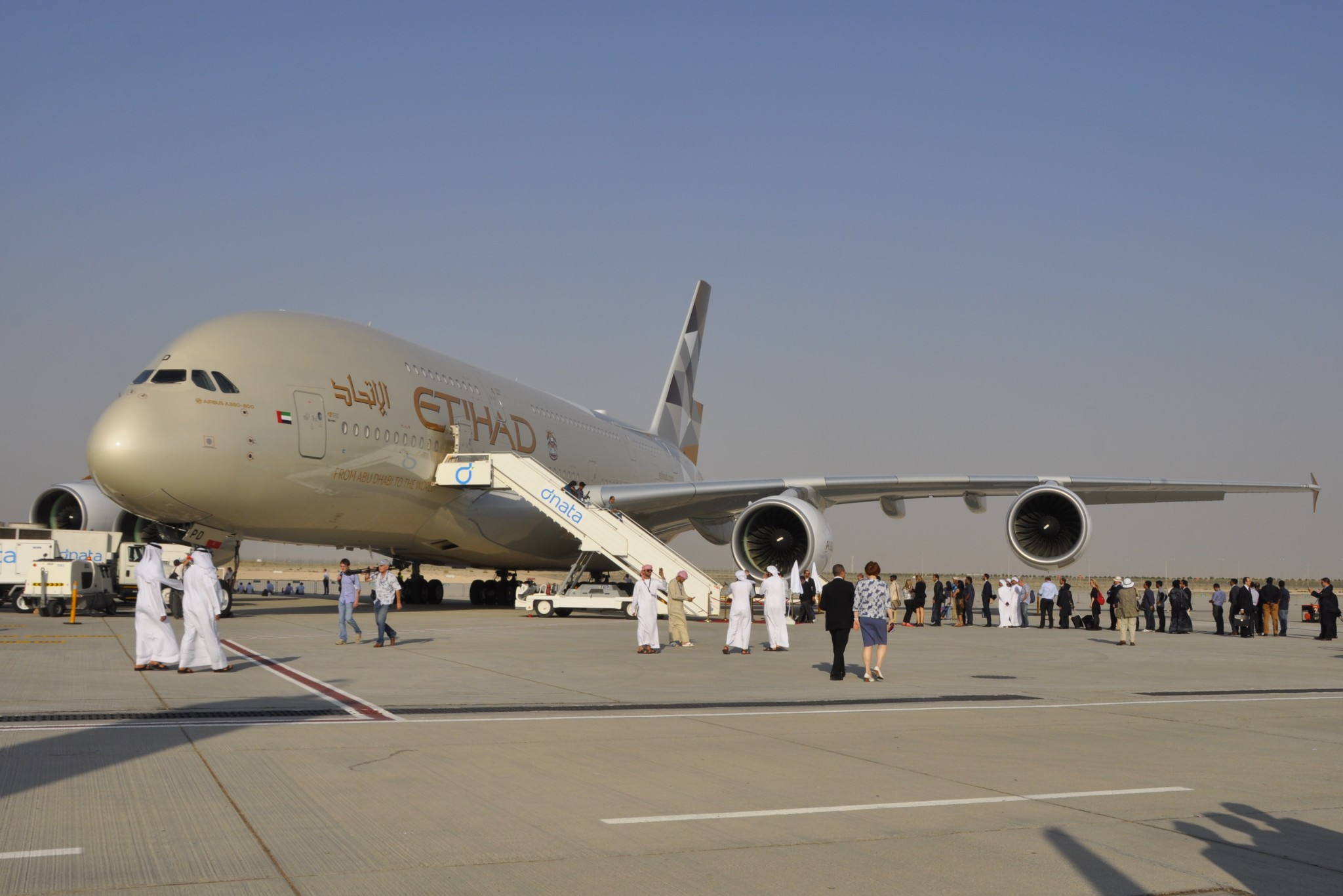Etihad Airways has reported an $870 million loss for 2019, as part of what the Abu Dhabi carrier said was an “encouraging” 32% improvement in core operating performance.
Etihad Airways reported revenues of US$ 5.6 billion for 2019, versus US$ 5.9 billion for 2018, with losses were significantly reduced to US$ 0.87 billion against US$1.28 billion for the previous year
According the results statement these figures are better than Etihad’s internal plan for 2019. The airline’s transformation programme has seen cumulative core operating performance improved by 55% since 2017. Etihad carried 17.5 million passengers in 2019 (2018: 17.8m), with a 78.7% seat load factor (2018: 76.4%) and a decrease in passenger capacity (Available Seat Kilometres (ASK)) of 6% (from 110.3 billion to 104.0 billion).
Yields increased by 1%, largely driven by capacity discipline, network and fleet optimisation and growing market share in premium and point-to-point markets. Due to the capacity reduction, passenger revenues slightly decreased to US$ 4.8 billion (2018: US$ 5 billion), but route profitability improved.
Total operating costs were significantly reduced, driven by a continuous focus on cost control and favourable fuel price trend. Financing costs remained flat despite the delivery of new aircraft to the fleet.
Tony Douglas, chief executive, Etihad Aviation Group, said: “Operating costs were reduced significantly last year, and both yields and load factors were increased despite passenger revenues being down due to network optimisation.
An improvement to the cost base significantly offset the cost pressures faced by the business, giving us headroom to invest in the guest experience, technology and innovation, and our major sustainability initiatives. “
There’s still some way to go but progress made in 2019, and cumulatively since 2017, has instilled in us a renewed vigour and determination to push ahead and implement the changes needed to continue this positive trajectory.”

